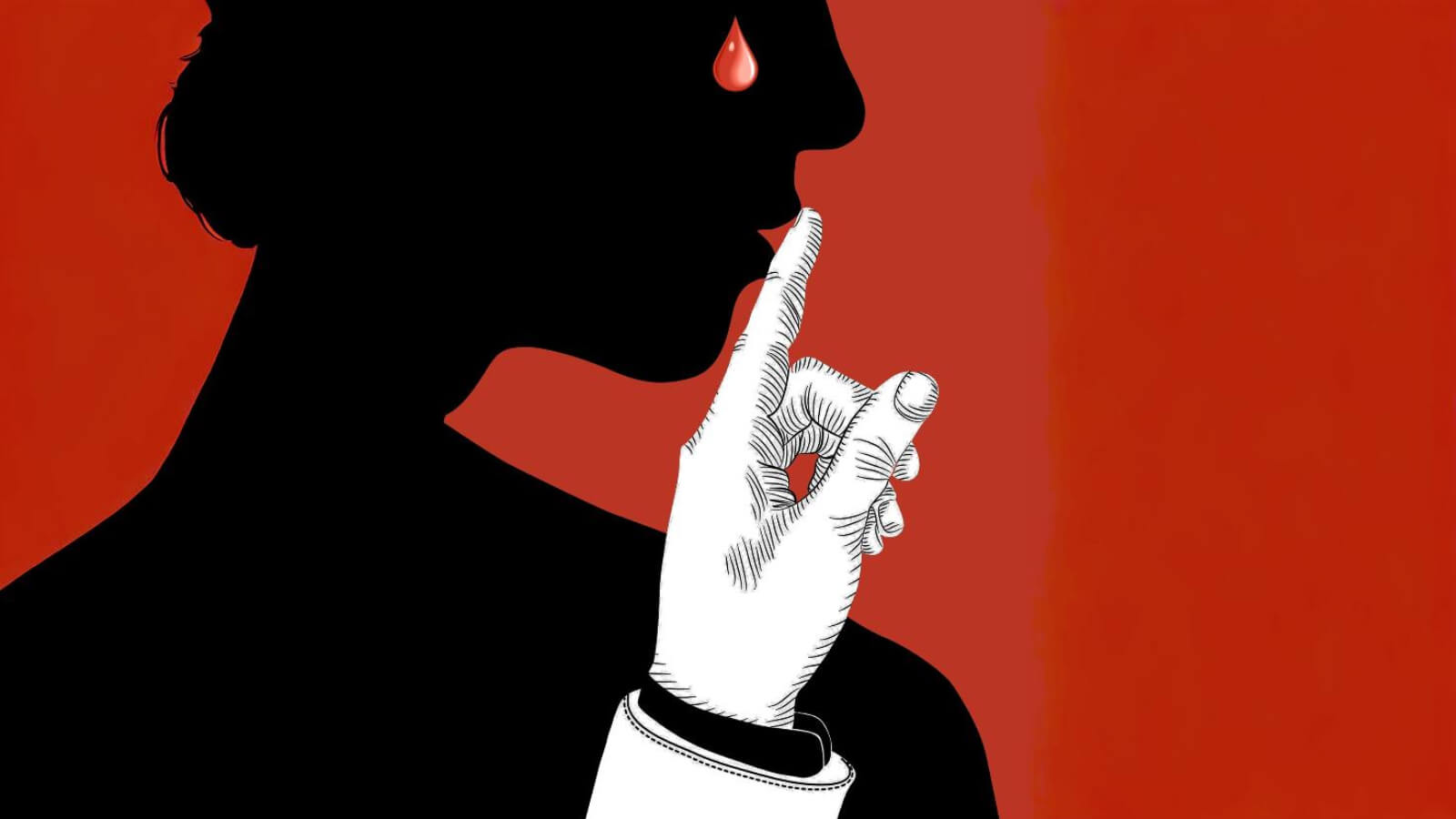Revenge: The Pain Cycle Beyond Gender
(Based on the live discourse of Param Dwij)
(परम द्विज के प्रवचन पर आधारित)

I recently came across a rather chilling news story. A woman who had gone through devastating circumstances after her ex-boyfriend refused to reconcile with her committed the unthinkable act of killing him and his new girlfriend. It reminded me how today, the urge for revenge is not confined by gender. In novels and movies, this was often seen as acts mainly driven by men, but now we understand that the desire for revenge is a human experience that transcends gender boundaries.
When discussing revenge, we must ask: Why do people do it? What drives someone to such extreme actions? Let’s explore the psychology and karmic implications of revenge, taking inspiration from a powerful episode in the Mahabharata—the story of Draupadi’s humiliation and her desire for justice.
Why Do People Seek Revenge?
Revenge is a product of deep emotional wounds, often accompanied by feelings of injustice and betrayal. Some common reasons include:
- Restoring Balance: When people perceive that they have been wronged, they feel revenge is a means of “evening the scales.”
- Ego and Pride: A hurt ego makes a person want to strike back.
- Recovery of Control: Revenge helps one regain power when control is lost.
- Others Should Lose: Some feel the victim should experience what they just went through.
- Social Pressures: In some cultures, revenge is seen as a necessary means of restoring personal or family honour.
The Psychology of Revenge
Revenge is deeply rooted in human psychology. When someone wrongs us, our brain’s limbic system, which houses emotions, activates the sensation of anger and desire to punish. This understanding can provide us with a deeper insight into our own actions and those of others, leading to a more enlightened perspective on revenge.
Instead of healing the wound, revenge perpetuates bitterness and anger in the wounds. Psychologists argue that revenge traps one in negativity, and as a result, one cannot find a way out. It could be one’s way of asserting power; however, it leaves an empty person who is regretful.
The Desire for Revenge: Lesson from Mahabharata
The Mahabharata, an ancient Indian epic, offers one of the most poignant examples of the consequences of vengeance. After her public disrobing, cheer haran, in the Kaurava court, Draupadi was consumed with anger and humiliation. She vowed to see justice done and sought revenge against those who had wronged her. This story, with its rich moral and spiritual teachings, serves as a powerful allegory for the destructive nature of revenge.
At this moment of turmoil, Lord Krishna intervened, reminding Draupadi about the karma involved in revenge and the value of having faith in cosmic justice. He encouraged her to remain on dharma, the path of righteousness and duty, and not let hatreds govern actions. This concept of dharma, or righteous action, is a key theme in the Mahabharata and plays a crucial role in Draupadi’s decision to forgive rather than seek revenge.
She decided to act upon Krishna’s wisdom. She entrusted him, the universal supreme power, to uphold justice. Her faith was vindicated at the end of the Dharma Yudh (Mahabharata war of the right path), where her oppressors were brought to their well-deserved doom.
This episode teaches us that surrendering to patience, faith, and righteousness can lead to far greater justice than impulsive revenge ever could. Draupadi’s choice to rise above her anger and rely on divine justice demonstrates the power of letting go and trusting the universe’s balance.
The Karmic Connection of Revenge
Spiritually, revenge breeds negative karmic bonds, entangling the avenger as well as the wrongdoer in a cycle of suffering. The law of karma is a scale of balance, meaning that every act, whether good or evil, comes with consequences. This understanding can serve as a warning, urging us to consider the spiritual implications of our actions.
When you act out of vengeance, you sow seeds of negativity that will eventually return to you. Forgiveness, however, allows you to break this cycle, freeing you from the emotional and spiritual burden of anger. As Krishna explained, true justice lies not in retaliation but in aligning with dharma and trusting the cosmic order to restore balance.
Why You Shouldn’t Seek Revenge
Revenge may give you temporary satisfaction, but its long-term effects are usually damaging.
- Emotional Exhaustion: Constant anger and resentment drain your mental and emotional energy.
- Prolonged Pain: Revenge keeps you tied to the hurt, preventing closure and healing.
- Harm to Relationships: Vengeful actions can hurt innocent people around you.
- Perpetuation of Conflict: Revenge escalates problems rather than resolving them.
- Forgiveness doesn’t excuse the wrong; it simply places your peace and growth over the negativity. True strength lies in letting go of anger and rising above the desire to retaliate.
A Question to Ponder
Revenge can be a sense of justice, but is it worth sacrificing your peace for temporary satisfaction? What if you chose forgiveness and trusted that the universe would balance out instead of revenge?
Have you ever really wanted to get your revenge? How did you overcome it? Share your thoughts
Dwij Volunteer



